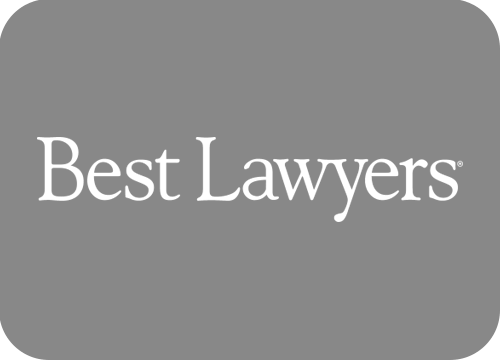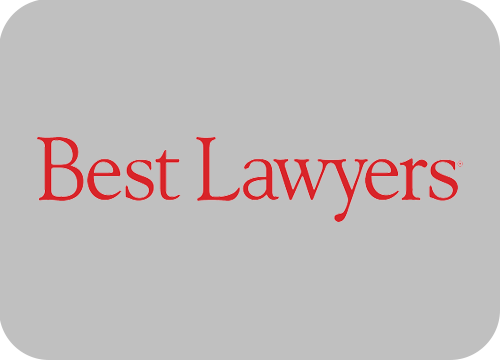E – Maryland Family Law Dictionary
EGREGIOUS FAULT – behavior so improper on the part of a litigant that it is significant enough to have an impact on how a court decides ancillary issues of a divorce, such as finances and custody.
EMANCIPATION – the point at which a minor comes of age. The age is typically 18 or 21.
EMPLOYMENT/EMPLOYEE BENEFITS – fringe benefits provided to an employee.
ENCUMBERED – when a lien, mortgage or other restraint is placed against a property.
ENTIRE CONTROVERSY DOCTRINE – a legal theory that, in some states, requires a litigant to bring all his or her claims from the same series events or with the same parties in one action.
ENTREPRENEURIAL PROFIT – a market – derived figure that represents the amount an entrepreneur expects to receive in addition to costs; the difference between total cost and market value.
EQUITABLE DIVISION (DISTRIBUTION) – a system of dividing property acquired by spouses during their marriage in connection with a divorce proceeding. This is the law of Maryland and DC.
EQUITY – the net proceeds from the sale of a home, minus the fees of the solicitor and the real estate agent and the satisfying of the mortgage.
ERISA – the Employment Retirement Income Security Act, a federal law governing private sector employee benefits, including vesting and the administration of certain qualifying retirement plans.
ERRORS AND OMISSIONS – refers to professional liability and malpractice insurance.
ESOP — an employe stock ownership plan.
ESSENTIAL OF MARRIAGE – a material fact or issue pertaining to a marital relationship.
ESTOPPEL – a defense in a legal action.
ESTATE – a right or interest in property or the property of a deceased person.
ET SEQ. – a Latin phrase meaning “and the following.”
ESTATE – a right or interest in property.
EVALUATION – a study of the nature, quality, or unity of a parcel of real estate or interests in, or aspects of, real property, in which a value estimate is not necessarily required.
EVIDENCE – documents, testimony or other informational material offered to the court to prove or disprove allegations in the pleadings.
EXHIBIT – an item of evidence presented to the court.
EX – PARTE – court relief that is granted due to the absence of opposing party.
EXPECTANCY – future proceeds from an estate.
EXPERT WITNESS – a professional used to help a judge reach a decision. Experts can include: Appraisers, Counselors, Evaluators, Accountants.
EXTRAORDINARY EXPENSES – not the usual or ordinary costs or expenses.


















